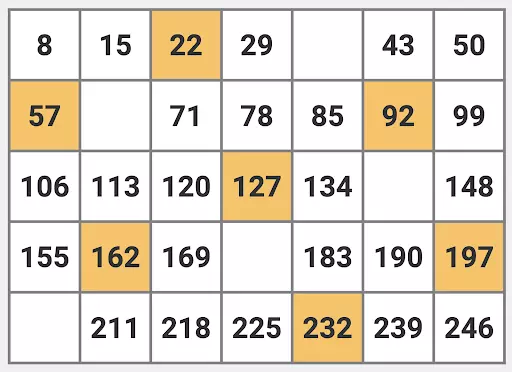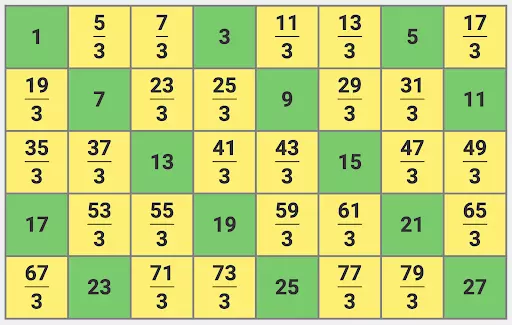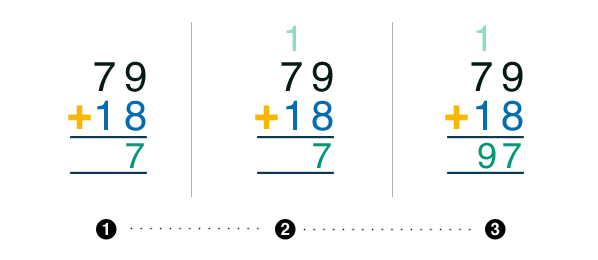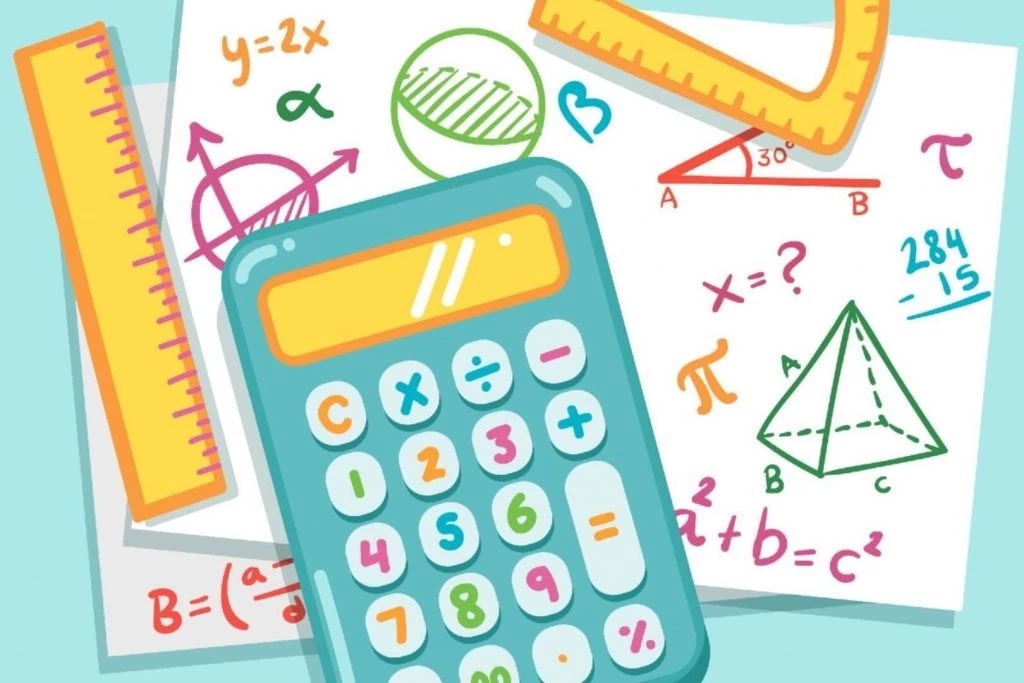Math instructors have seen, throughout their careers, students throwing away valuable points because of thoughtless errors. Students may see a reduced band grade or get a result that they believe is unfair. This might discourage them and shake their belief that they have a handle on the topic.
Students undoubtedly experience some of their highest stress levels before and during examinations. They often make errors that they would not have committed if they had not been under such a great deal of pressure, which is because stress causes our bodies to behave in strange ways.
To improve your performance on tests, you should first familiarize yourself with the most typical errors that students make. [1]
This article covers some crucial mistakes you need to know for your students or yourself while dealing with mathematics:
- Focus on the Basic reason behind studying mathematics
- Mistake with whole numbers
- Making use of inappropriate symbols
- Misunderstanding the fractions
- Dealing with extensive numbers while adding them
- Special tools
- Solving complex or extensive questions
- Conclusion
Focus on the Basic Reason behind Studying Mathematics
First and foremost, pupils must understand the purpose of their math classes. We learn about life, art, and the natural world via many subjects we study in school. However, mathematics is considered part of an entirely new academic subfield known as the precise sciences.
Precision and exactness are essential components of these spheres of study. However, they live in their world, which makes it difficult for children to understand the relevance of mathematics. Math, on the other hand, does play a significant part in our everyday life.
To begin, studying mathematics helps pupils develop their ability to analyze and solve problems. As a result, doing arithmetic is a fantastic way to build our brains.
Second, and maybe most importantly, mathematics improves our understanding of the world around us. Whether or not you are attentive to it, mathematics is at the heart of various issues that arise in the real world. It assists in reading the statistics, interpreting the facts, and much more.
In general, mathematics is necessary for a wide variety of fields and the requirements of individuals. Therefore, it is in your highest interest to see mathematics as an ally so that you may benefit from it in the future.

Mistake with Whole Numbers
At the beginning of math class, you will learn about whole numbers and how to perform operations on them. This point in your journey through mathematics is significant. On the other hand, students often skip through fundamental guidelines in favor of more complex subjects.
You are making a mistake by doing this since you might end up missing out on essential procedures and methods along the process.
For instance, one of the students’ most typical errors is doing mathematical operations in the wrong sequence. Therefore, when students are given a basic equation such as 40 – 3 4, they begin working on the first operation and continue until they reach the last process.
That is not correct. When solving an equation containing multiplication, it is important to always begin with it. If you get the beginning incorrect, you will never arrive at the correct conclusion.
Students reach this point in their education when they are also taught the worth of various units. The answer to the equation may change if one does not understand how to interpret the units or what value each team represents. Understanding the job is of the utmost importance when dealing with whole numbers. This is true regardless of any other consideration. In this situation, attention to detail and accuracy are even more important than following the regulations.
Making Use of Inappropriate Symbols
When studying mathematics in elementary school, children are introduced to various symbols representing a particular mathematical operation. A kid may get confused since several of these symbols appear pretty similar to one another.

Walk your kid through the various symbols and check to see whether they can identify each before going on to the next sign.
It is essential to ensure that your kid writes all lines of work to reduce the number of incorrect symbols used; attempting to skip a step due to laziness or convenience might result in a loss of points.
Misunderstanding the Fractions
The concept of fractions inspires fear in many individuals as if they were wrong or harmful. This is not the case at all. Learning fractions may be entertaining if you are ready to put in the effort.

However, many students have difficulty grasping even the most fundamental aspects of this subject. For example, one of the most typical blunders people make when working with fractions is having problems locating a common denominator in the equation. Mastering the skill of multiplying fractions also takes some time. [2]
The majority of operations using fractions are difficult to understand at first. Nevertheless, your future achievement in mathematics will be directly related to how well you understand this subject. Regardless, this area presents the most challenge for most pupils while studying mathematics.
Dealing With Extensive Numbers While Adding Them
Some students may struggle to apply mathematical functions to more than two integers, which is a potential cause of lower grade point averages. When pupils add numbers like 12, 22, and 8, some of them may wrongly put 8 in the tens spot, which will cause them to arrive at the incorrect answer.
Encourage your youngster to get some experience with mathematical functions, whether addition, subtraction, or multiplication, with relatively tiny numbers. Make sure they have a solid hold of the fundamental ideas behind the different numbers. As a visual aid to assist students in understanding the notion, you might use everyday items such as coins.

Special Tools
Students must become proficient in using various tools, including rulers, protractors, and compasses. If you look inside their stationery box, it will be easy to see why your kid could feel overwhelmed by the many different instruments they need to learn to utilize. A straightforward illustration of this would be if your kid started measuring a line with a ruler at one instead of 0.
Warning: when your kid is just beginning to learn how to use a mathematical tool, you need to keep a close check on them. If it seems like they are having trouble, you should ask if you can show them how to use the instrument correctly so that they can answer the question. Your children will have an easier time answering problems that need a mathematical tool if they put in the necessary effort and practice.

Solving Complex or Extensive Questions
Some questions may be extended and include numerous sentences. To answer these questions correctly, the learner must have a solid comprehension of each phrase; misunderstanding even one line might lead to an incorrect strategy or answer.
Provide a detailed explanation for each phrase and illustrate the information using diagrams. Your youngster will have no trouble understanding the question and determining the appropriate method to reach the correct answer when they approach it to step by step.
Parents may alternatively provide a question that is more straightforward but is conceptually comparable and calls for the same response. Your youngster will be better able to recognize a strategy or pattern of answering different sorts of questions due to this.
Conclusion
Errors in mathematics are pretty frequent. They are something that everyone does, even your professors. The important thing is to train yourself to recognize when you are wrong. High school arithmetic will be a breeze if you avoid making the above mathematical errors.
In addition to this, you need to make sure that you take thorough notes in class. You will find yourself going back to look at them relatively often. Finally, make your best effort in your studies! There is no replacement for consistent, routine practice.
